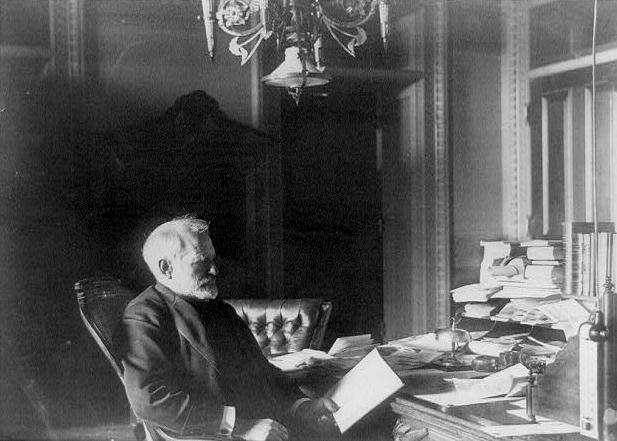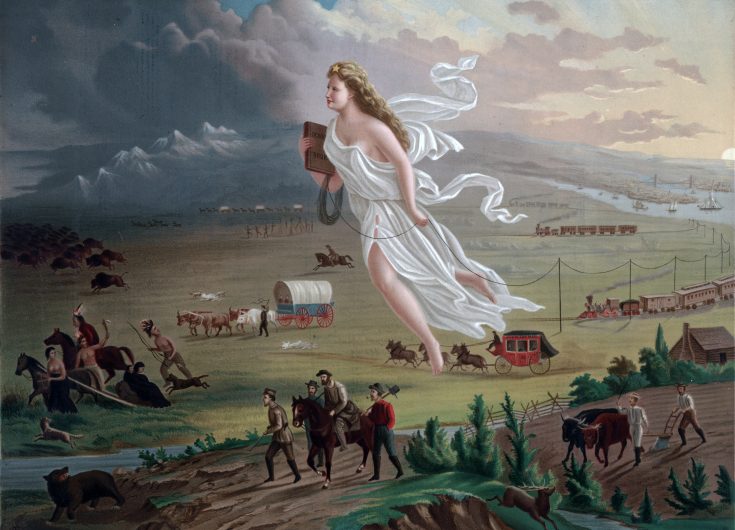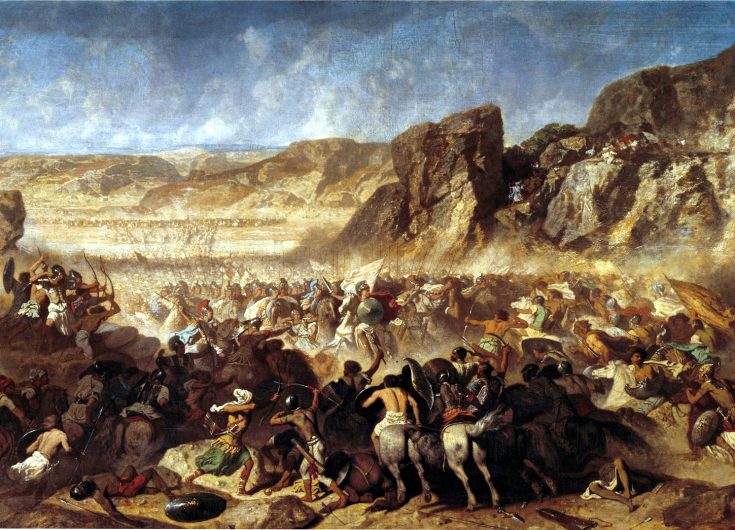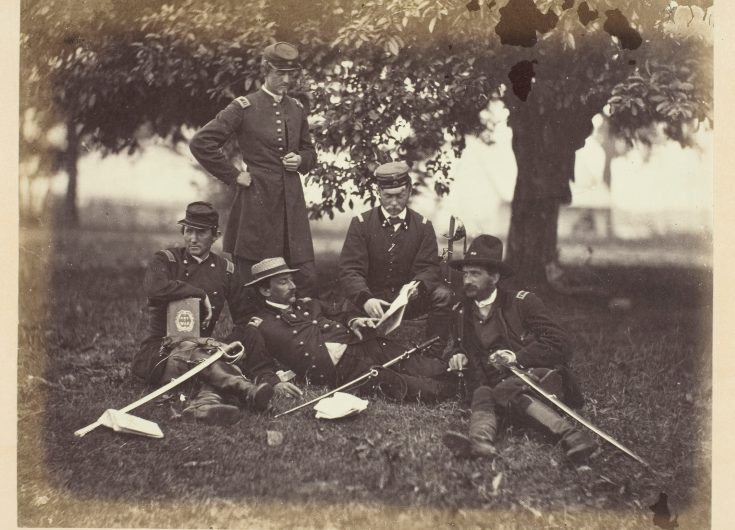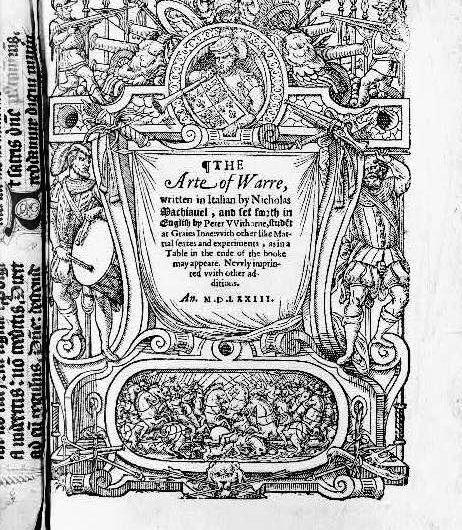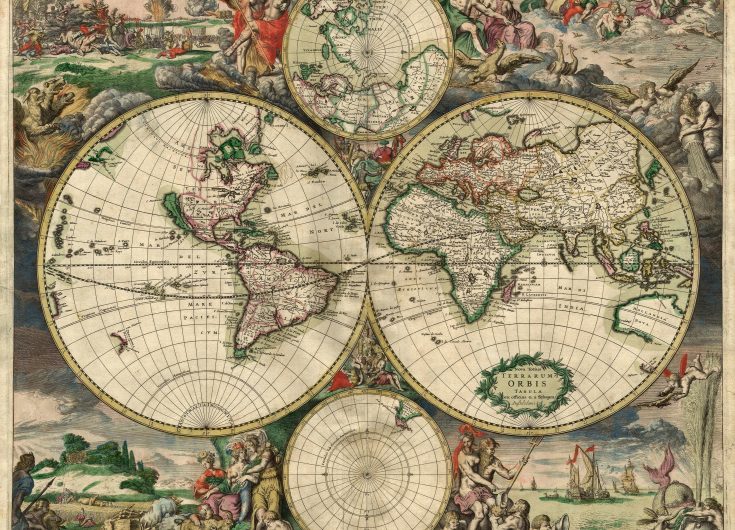

Foreign Policy and Regime Change: Classic Dimensions
The recent wars in Iraq and Afghanistan, coupled with subsequent U.S. efforts to promote democracy in those countries, have raised fundamental questions as old as—even older than—the Republic itself. To what extent does the character of other nations and peoples, especially their form of government, affect American national security? American national security affected by the character of other nations and peoples, and especially by their form of government? Under what circumstances are Americans justified in becoming involved in the domestic affairs of others? To put the issue in its sharpest relief: should the United States intervene actively to bring about the change of a foreign regime—or take sides in a civil war among contending regimes—even to the point of governing other peoples without their consent?


